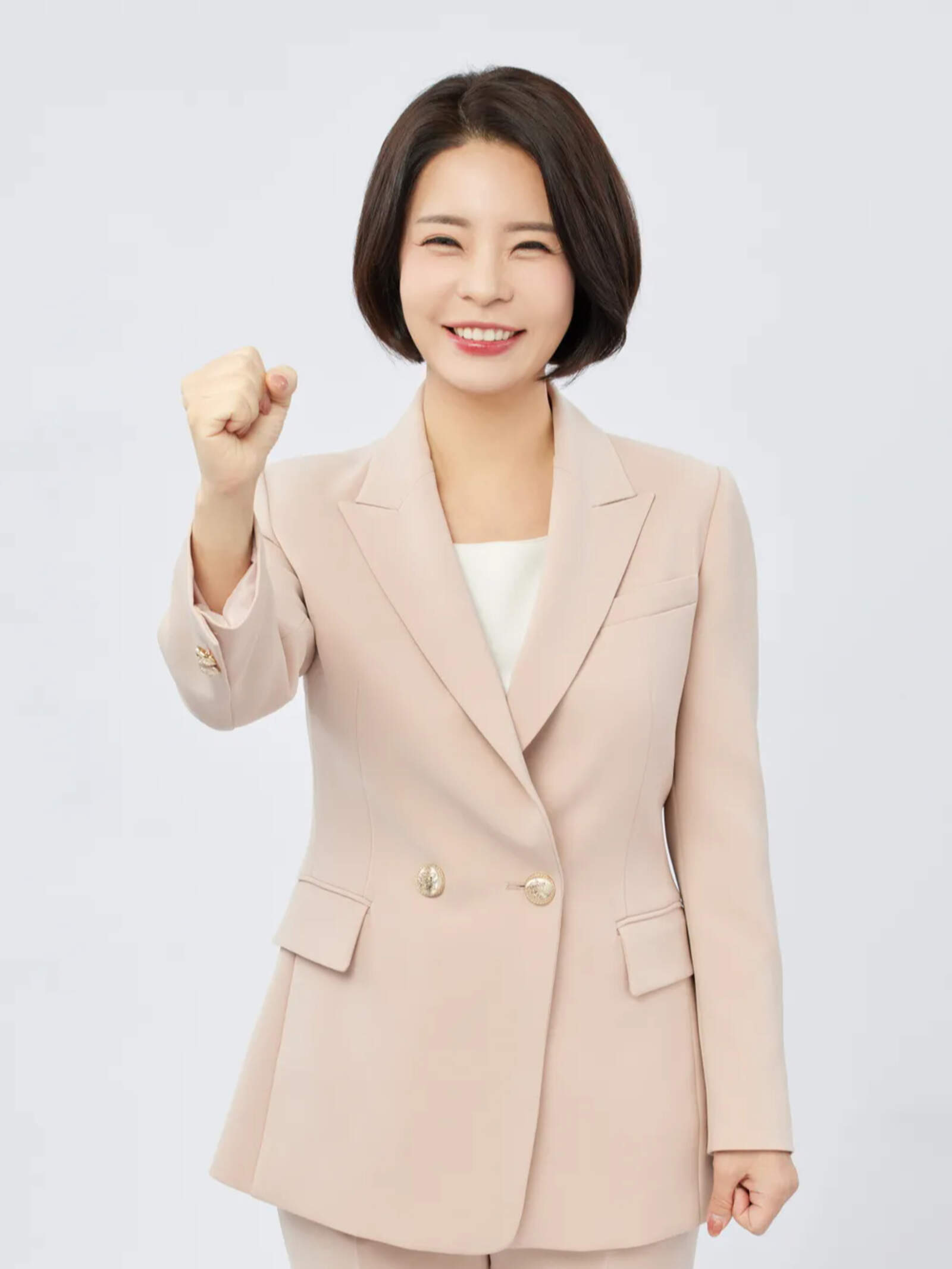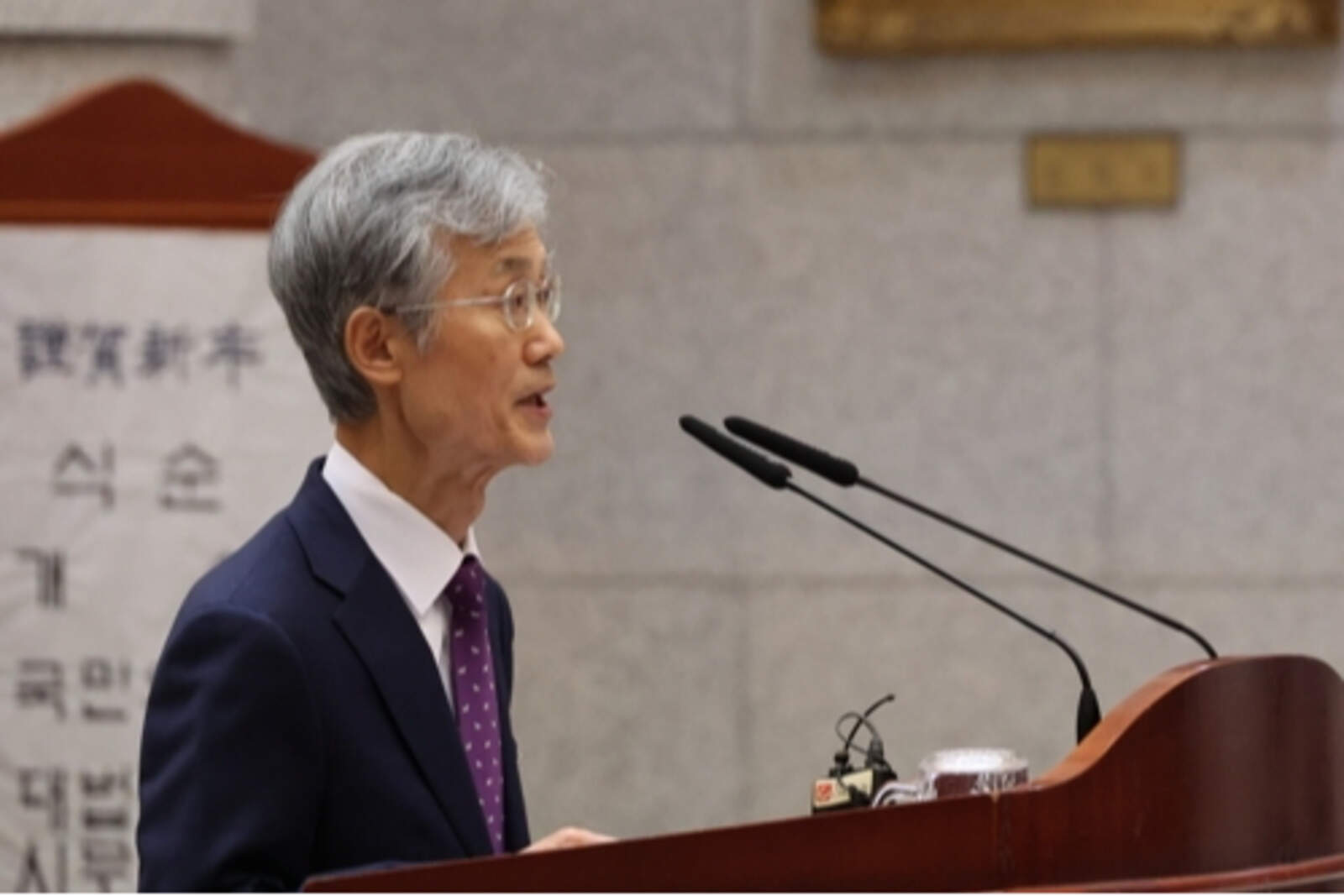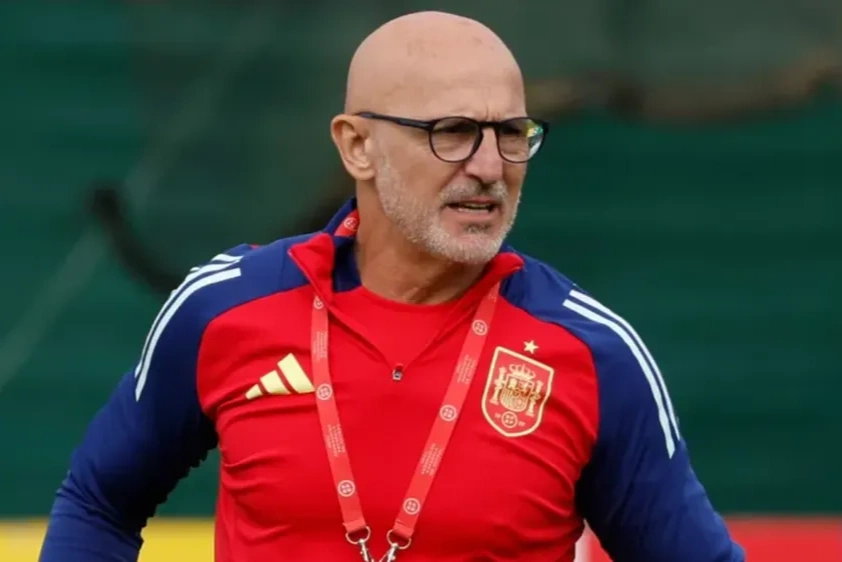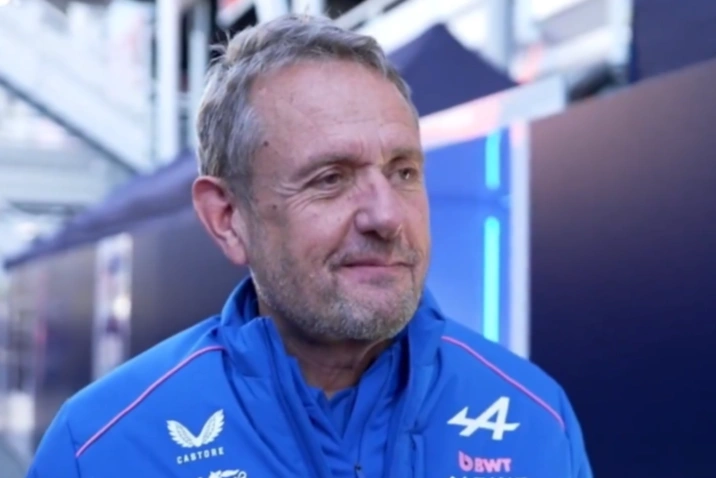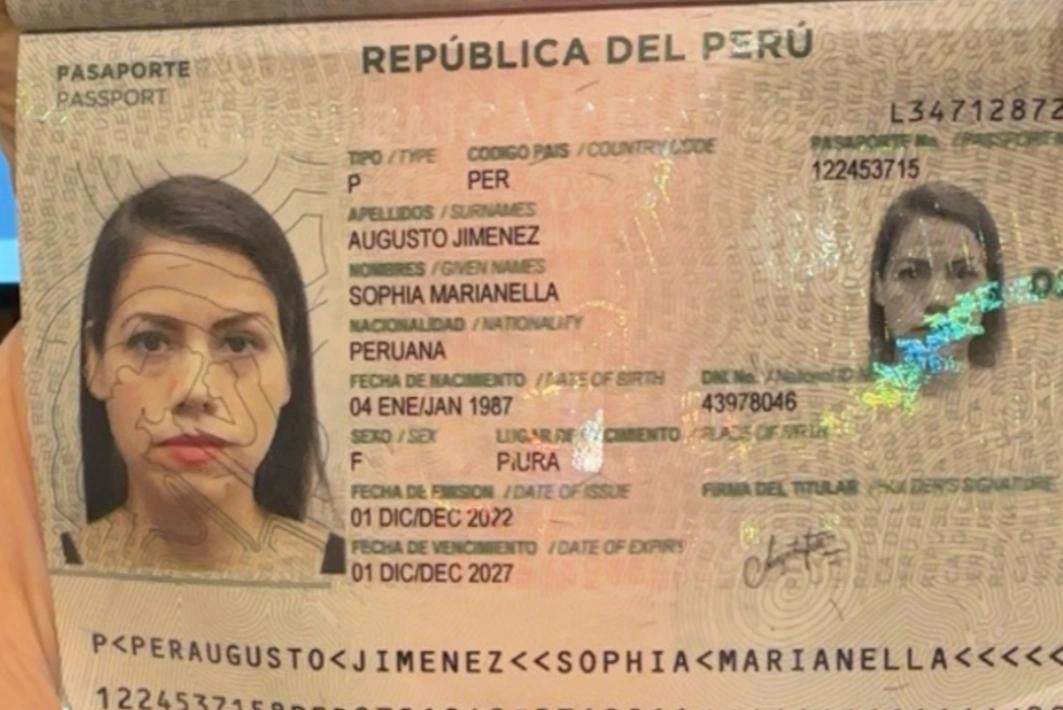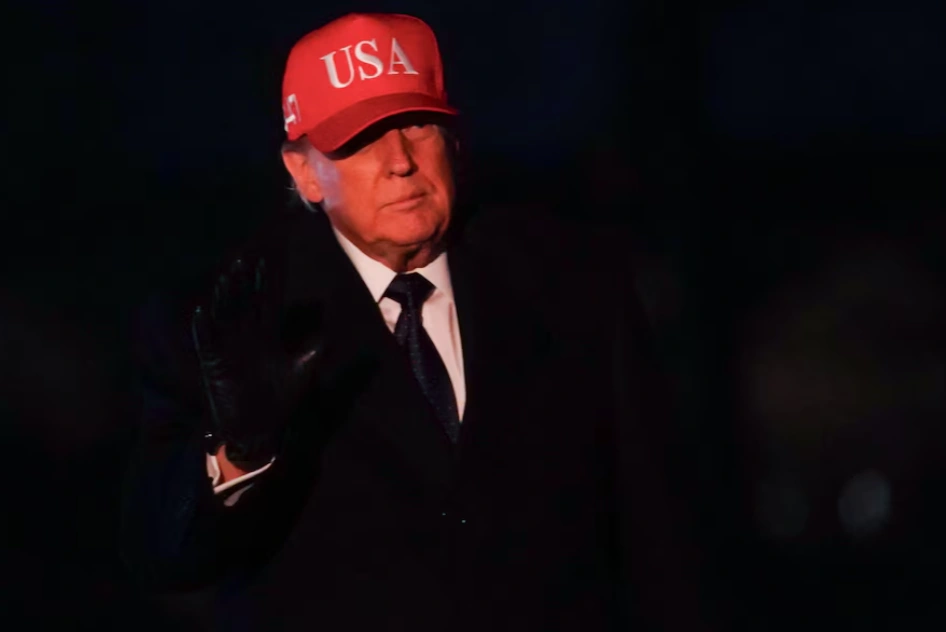South Korean President Lee Jae-myung began his term by pushing a disastrous judicial reform that seeks to double the number of Supreme Court justices, increasing from 14 to 30 over a four-year period.
This measure, promoted by his party, the ruling Democratic Party of Korea (DPK), has caused intense criticism from the opposition and members of the judiciary, who fear a threat to judicial independence and an attempt to ideologically reshape the country's highest court.
The proposal was approved on Wednesday in a legislative subcommittee, one day after Lee's inauguration, and was scheduled for a vote in a plenary session of Parliament the following day, although the process was ultimately postponed due to the growing controversy.
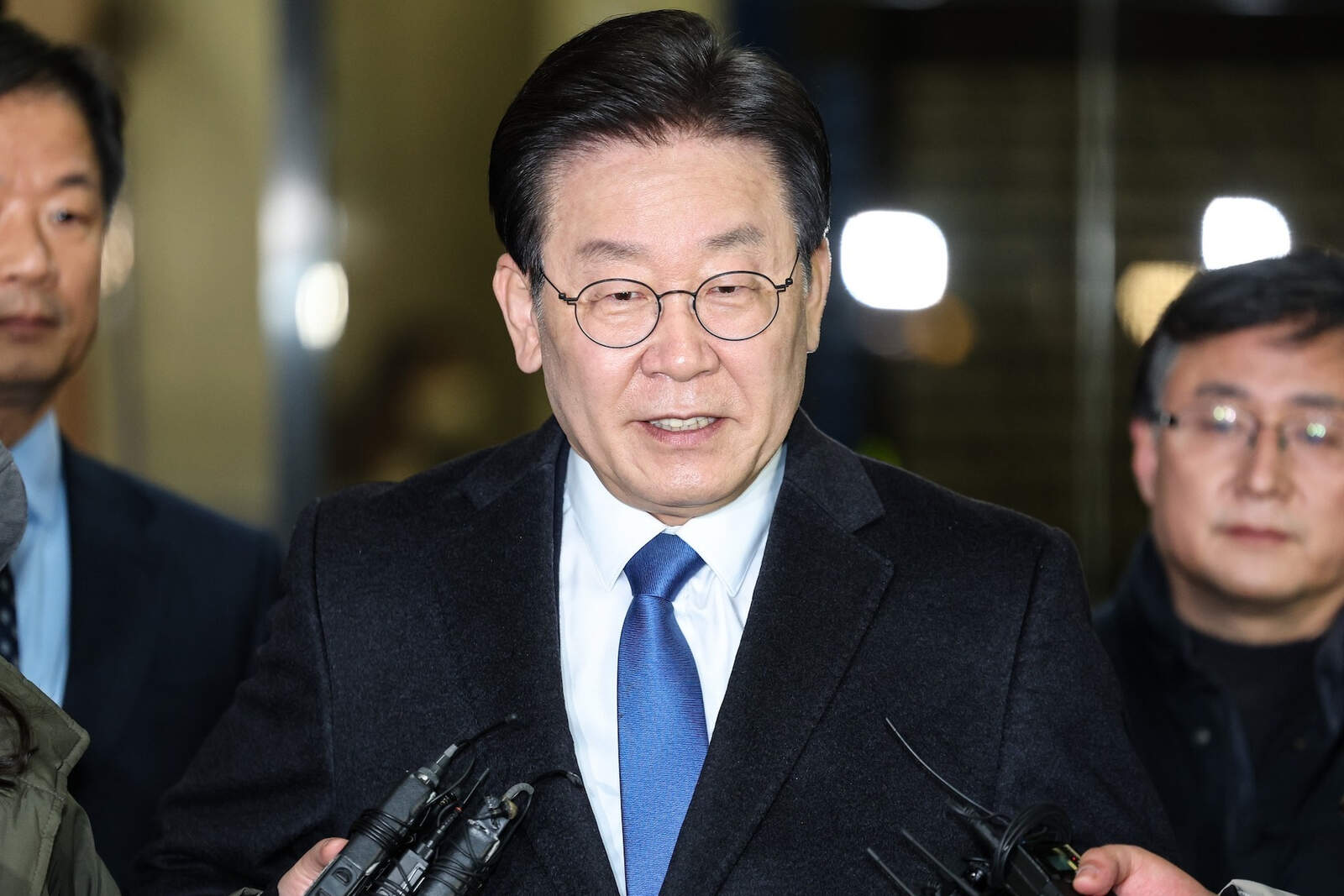
According to the bill, four new justices would be appointed each year starting next year, all named by the communist president with the consent of the National Assembly. This would allow Lee to appoint the 16 additional justices during his five-year term.
The DPK has defended the expansion as a necessary measure to ease the enormous workload of the Supreme Court and to diversify its perspectives. Official data reveal that each justice solved an average of between 3,300 and 4,000 cases annually between 2022 and 2023. The excessive workload has been the reason for previous proposals, such as the creation of a separate appeals court in 2014, which did not succeed.
However, criticism has not ceased. From the opposition, the People Power Party has described the reform as an attempt at "court packing", considering that its real objective is to align the Court with the interests of the new government. Opposition spokesperson Ham In-kyung accused the DPK of seeking to influence future judicial decisions by appointing judges sympathetic to the administration.



